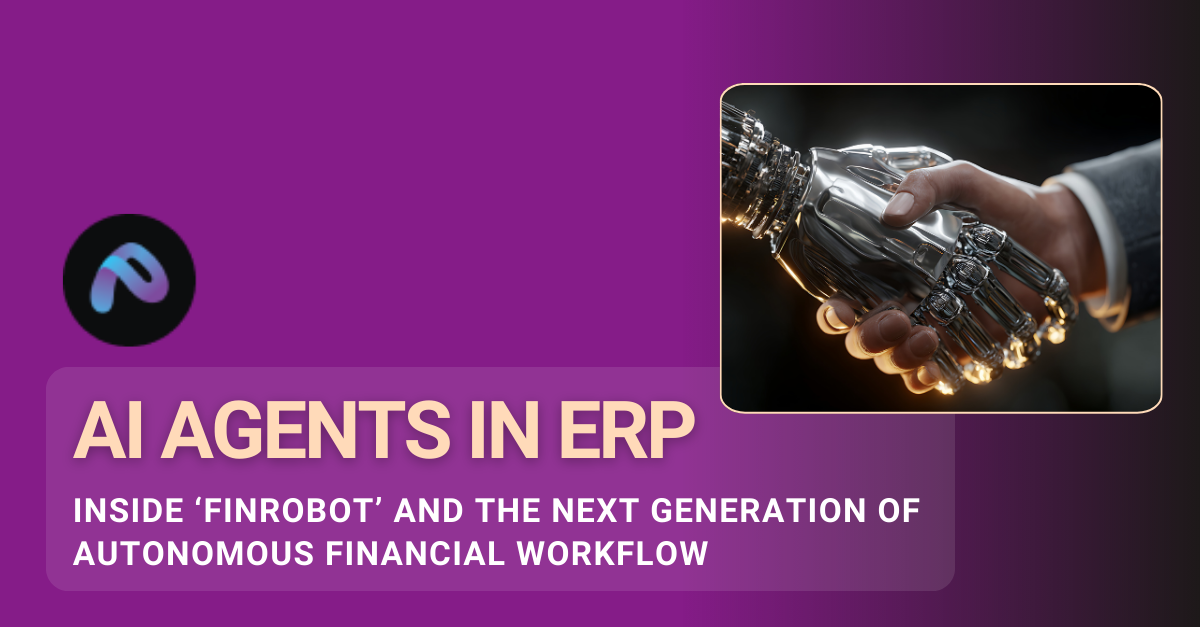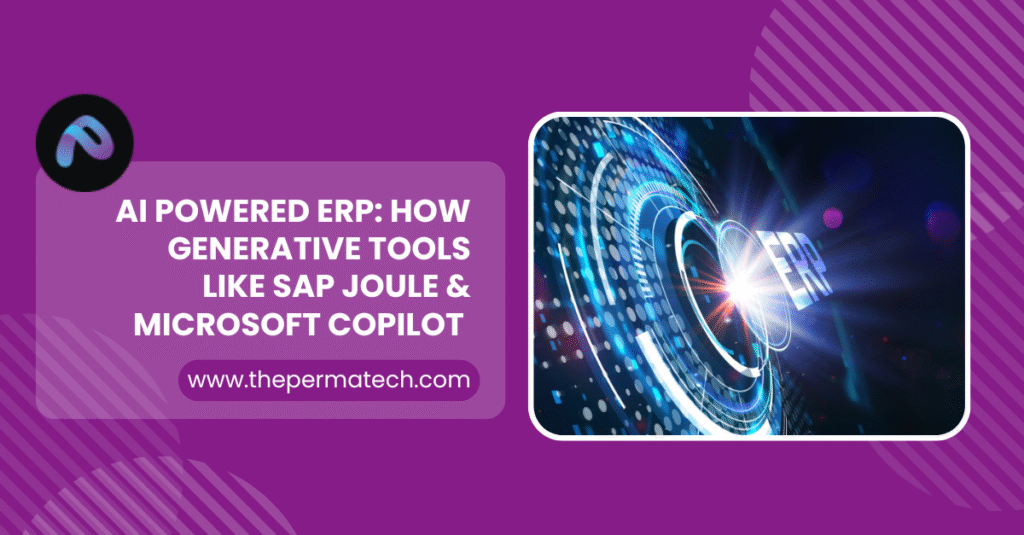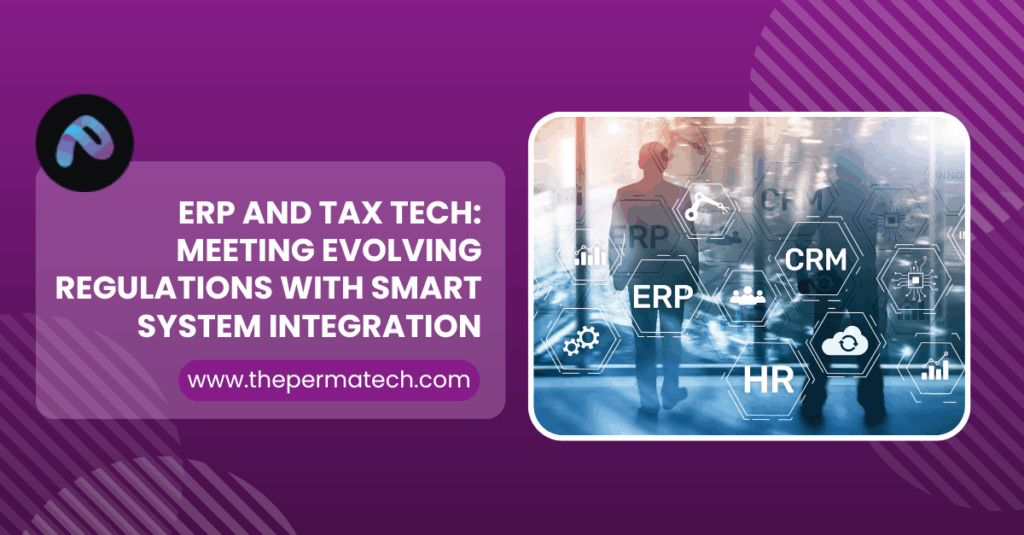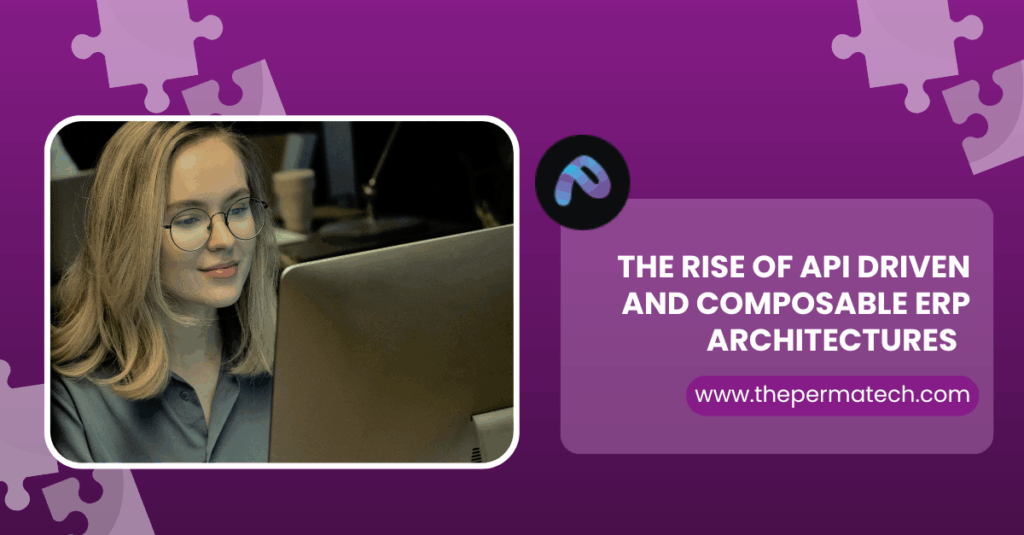Enterprise Resource Planning (ERP) systems have always been the digital backbone of organizations, integrating finance, HR, supply chain, and customer management into a unified platform. Yet, despite their central role, ERP workflows have historically been manual, rigid and reactive.
Enter AI agents: autonomous, goal driven software entities capable of performing tasks, making decisions, and interacting with both humans and systems. Within ERP, financial operations are emerging as the primary frontier for AI adoption. Leading this wave are AI financial agents like FinRobot, designed to autonomously manage accounting, forecasting, compliance and reporting.
As Gartner noted in its 2025 Market Guide for ERP AI Agents, by 2027 over 40% of financial ERP workflows will be agent driven, compared to less than 5% in 2023. This signals a massive leap forward, not just in automation but in decision making intelligence.
What is ‘FinRobot’?
FinRobot is a next generation autonomous financial AI agent designed to operate inside ERP ecosystems like SAP, Oracle NetSuite, and Microsoft Dynamics. Unlike traditional RPA bots that execute predefined rules, FinRobot leverages large language models (LLMs), reinforcement learning and predictive analytics to act more like a financial co pilot than a macro script.
Key Features of FinRobot:
- Autonomous Reconciliation : Matches transactions across ledgers and banks without human input.
- Predictive Cash Flow Analysis : Forecasts liquidity scenarios using real time data.
- Regulatory Compliance Monitoring : Flags anomalies against IFRS/GAAP and local tax codes.
- Conversational Interface : Finance teams can “chat” with the system: “Show me projected Q3 expenses if supplier rates rise 5%.”
- Decision Escalation : Operates independently but escalates exceptions to CFOs or controllers.
Why AI Agents in ERP Now?
The convergence of three forces makes this moment ripe:
- Generative AI Maturity : Models like GPT-5 and domain specific LLMs provide reasoning and contextual understanding, not just automation.
- ERP Modernization : Cloud ERP adoption reached 67% in 2024 (IDC data), creating standardized APIs that AI agents can interact with.
- Financial Pressure : With global ERP market spending expected to hit $110B by 2028, CFOs demand efficiency, predictive insight and error reduction.
Analytical Impact of AI Agents in Finance
According to Deloitte’s 2025 CFO Signals Report:
- Companies deploying AI agents in ERP saw 30-50% faster monthly close cycles.
- Automated anomaly detection reduced financial reporting errors by up to 65%.
- AI driven treasury optimization led to 3-7% improvement in working capital efficiency.
Example:
A European manufacturing firm running SAP integrated FinRobot in early 2025. Within six months:
- Reconciliation workload dropped by 70%.
- Audit compliance review time reduced from 3 weeks to 4 days.
- CFO dashboards began updating every 2 hours, versus nightly batch runs.
Information Box: At a Glance – AI Agents in ERP
| Metric | Current (2025) | Projected (2027) |
| ERP workflows automated by AI agents | 7% | 40% |
| Avg. reduction in financial close cycle | 35% | 50% |
| Error reduction in reconciliations | 60% | 70% |
| Working capital optimization impact | +3% | +6% |
| Market size of ERP AI agents | $1.9B | $6.5B |
The Next Generation of Financial Workflows
1. Self Healing Ledgers
AI agents won’t just identify reconciliation gaps,they’ll resolve them in real time. Imagine a ledger that automatically fixes mismatched supplier invoices and updates purchase orders instantly.
2. Continuous Forecasting
Instead of quarterly forecasting, ERP systems will shift to “always on forecasting.” AI agents like FinRobot will update cash flow projections hourly, factoring in FX rates, interest shifts, and supplier dynamics.
3. Autonomous Compliance
With tax codes changing rapidly (e.g., OECD’s Global Minimum Tax rollout in 2024), AI agents will serve as regulatory sentinels, applying rule updates across ERP in seconds.
4. Financial “Digital Twins”
Next-gen ERP will maintain digital twins of organizational finances, simulating multiple outcomes. Example: What if raw material costs rise 12% next quarter? The agent runs the simulation and suggests mitigation.
Challenges and Risks
Despite the promise, AI agents bring new challenges:
- Explainability : CFOs need clear audit trails for AI driven decisions.
- Security : ERP systems hold sensitive financial data; agents must comply with SOC 2, GDPR, and FedRAMP standards.
- Integration Complexity : Legacy ERP instances lack the APIs required for seamless AI agent deployment.
- Over Reliance Risk : Blindly trusting AI can introduce systemic errors if models are biased or undertrained.
Real World Updates (2025)
- SAP & Microsoft Partnership: Announced in April 2025, integrating Azure OpenAI’s financial agents into SAP S/4HANA for predictive cash management.
- Oracle NetSuite FinBot: Launched in July 2025, designed to autonomously manage mid market CFO workflows.
- PwC Global CFO Survey 2025: Found that 62% of finance leaders plan to pilot AI agents in ERP by year end.
- RegTech Expansion: EU Commission now mandates AI explainability for financial reporting AI systems starting January 2026.
Conclusion
AI agents like FinRobot are not just incremental upgrades to ERP systems,they represent a paradigm shift. By embedding autonomy, predictive intelligence, and conversational interfaces into financial workflows, they promise to redefine the CFO’s toolkit.
The coming years will see financial ERP evolve from static systems of record into dynamic systems of intelligence. Companies that adopt early will benefit from efficiency, compliance resilience, and strategic foresight,while laggards risk being left behind in an increasingly AI native economy.As we move toward 2027, one thing is clear: the future of ERP finance is not just automated,it’s autonomous.





